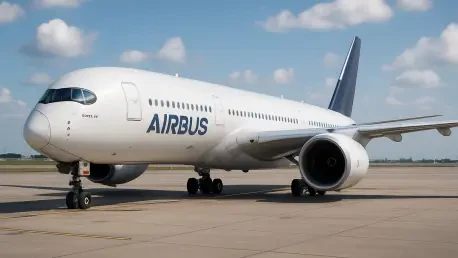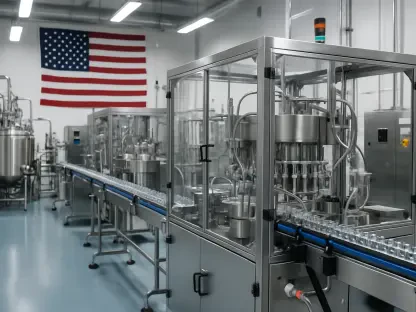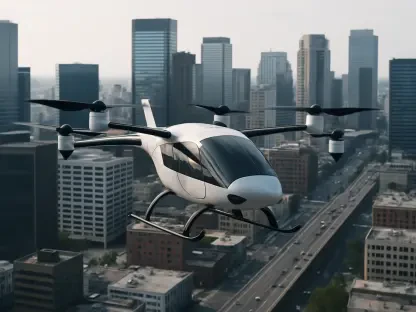In a bold move that reverberates across the aviation industry, Avolon, a global leader in aviation finance, has secured a substantial order for 90 Airbus jetliners, comprising 15 A330neo and 75 A321neo aircraft, signaling robust confidence in the sector’s long-term growth. This significant commitment not only elevates Avolon’s total orders to 79 A330neos and 264 A321neos but also cements its standing as a powerhouse in the leasing market. The announcement reflects a strategic vision to meet the rising demand for fuel-efficient, modern aircraft, as airlines worldwide prioritize fleet upgrades to address both operational needs and environmental pressures. Avolon’s CEO, Andy Cronin, underscored the company’s readiness to support airline growth over the coming decade, highlighting the strong market appetite for these models. This deal also strengthens a long-standing partnership with Airbus, pointing to a shared focus on innovation and efficiency that could set new benchmarks for the industry’s trajectory.
Strategic Implications for Fleet Modernization
Avolon’s latest order is more than a transaction; it represents a calculated step toward fleet modernization at a time when airlines are under increasing scrutiny to reduce costs and environmental impact. The A330neo and A321neo aircraft are at the forefront of this shift, offering cutting-edge technologies that cater to a spectrum of routes, from domestic to long-haul. Airbus’ EVP of Sales for Commercial Aircraft, Benoît de Saint-Exupéry, noted that such commitments from major lessors serve as vital indicators of market trends, affirming the appeal of these models to a diverse customer base. The A330neo, with its Rolls-Royce Trent 7000 engines, boasts a 25% reduction in fuel use and emissions compared to older jets, while the A321neo achieves over 20% savings and a 50% drop in noise levels. These advancements position Avolon to provide airlines with solutions that balance profitability with sustainability, potentially influencing leasing strategies across the globe as others follow suit to remain competitive in a rapidly evolving landscape.
Driving Sustainability and Industry Trends
Reflecting on the broader impact, Avolon’s order with Airbus marked a pivotal moment in aligning aviation with sustainability goals, as both aircraft types are compatible with up to 50% Sustainable Aviation Fuel (SAF), with ambitions for full compatibility by 2030. This focus on eco-friendly solutions mirrored an industry-wide push to curb carbon footprints while maintaining operational excellence. The A330neo’s enhanced Airspace cabin and the A321neo’s spacious design also elevated passenger comfort, addressing another critical demand in a post-pandemic travel rebound. The strengthened collaboration between Avolon and Airbus highlighted a mutual commitment to innovation, setting a precedent for how partnerships can drive progress. Looking ahead, this deal underscored the importance of forward-thinking fleet planning and greener technologies, paving the way for actionable strategies. As the sector continues to evolve, stakeholders must prioritize investments in efficient aircraft and sustainable fuels to meet future challenges and ensure a resilient, environmentally conscious aviation ecosystem.









